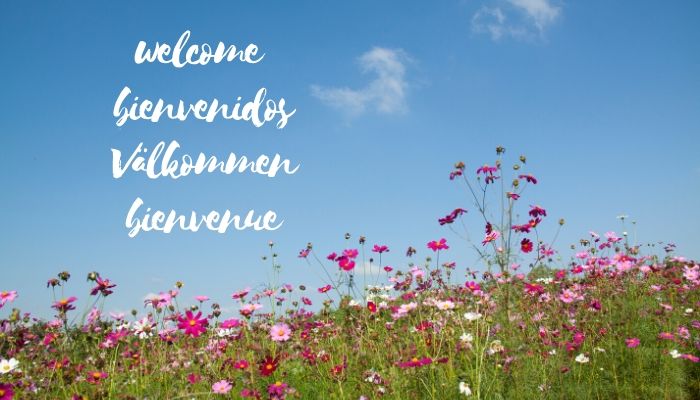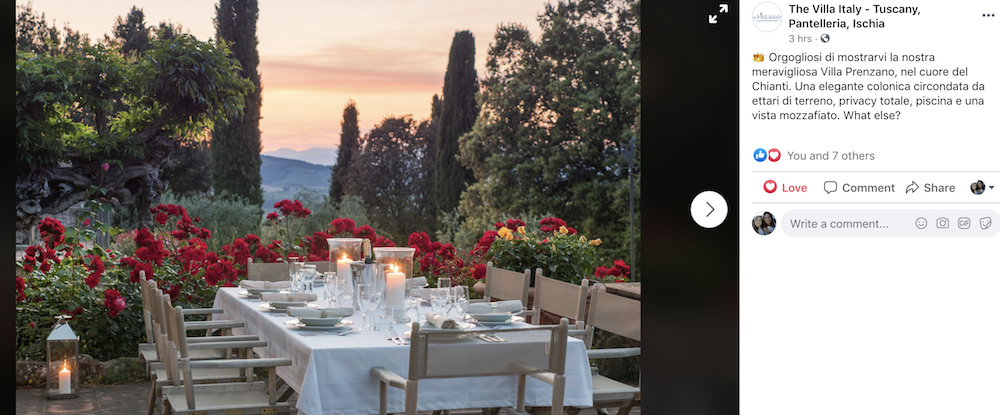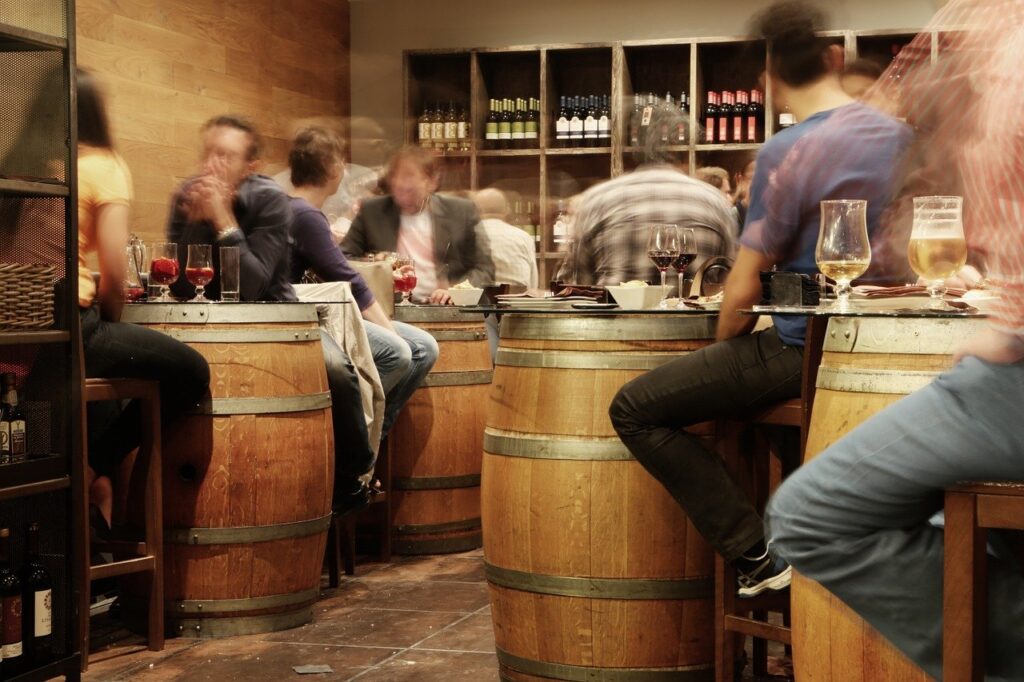
Guest Blog by Louise Brace of Rental Tonic
Two months ago we were all looking forward to Easter and summer bookings, preparing our short-term rentals for the next guests to arrive. Then everything changed. Within 48 hours our lives and businesses changed completely.
We’ll probably never go back to how we used to work and I feel desperately sad for the thousands of owners and property managers who have had to shut their business – some temporarily, others for good.
For those of us who are soldiering on. I use the term ‘us’: I am not an owner or manager, but my business is all about you and we’re in this together.
So for those of ‘us’ who are soldiering on, this is a time to stay objective. To look at what we can do to stay visible, to keep in touch, and to excite guests about future travel and their next holiday.
Over the coming weeks – on the run-up to the Book Direct Show, I’ll be sharing my recommendations on how to stay visible and get in front of your guests online.
The first topic is ‘Thinking Local and the Domestic Traveller’.
Domestic travel is going to be the norm for a while. Regional borders will be closed for the foreseeable future and there is an amazing amount of public enthusiasm in support of booking local.
Here in Spain, thousands of social media posts have been shared to promote ‘Staying in Spain’ for holidays this year. It’s time for us to think about how to conquer the realm of the domestic traveller.
Brand Storytelling – Using the power of story to drive bookings
Don’t miss Louise Brace presenting at the Book Direct Show
If you want to attract domestic travellers, you have to consider their nuances and regional culture: what language is spoken? What do visitors want to know about your local area and accommodation and how will they arrive? It’s important to consider their customs, the tone of communication, and their expectations.

Language
This is the year to market your property in the local language. Most content is produced in English because everyone speaks English, right? Maybe they do, but if you want to attract domestic travellers you need to speak their language. You’ll receive a better response and better engagement if you make the effort.
Most OTAs will translate your description into several languages, but please don’t rely on this translation. Get a good translator to write your listing and website content. But before you do, you’ll need to research what a domestic traveller wants to know about.
Marketing advantage
The quantity and quality of content in local languages is meagre and there is a real opportunity for owners to shine out amongst the competition by taking the time to present good content in the local language. My wonderful friend and client Paola Gheis does this perfectly on The Villa Italy.
As soon as the Covid-19 crisis hit, she recognised that domestic travellers were going to be key to the short-term future of Villa Itay, so she devised a strategy to stay visible and in communication with potential local guests.
What did Paola specifically do to strengthen the Italian attraction during the crisis?
- Translated some of her cornerstone blog articles into Italian
- Set up a newsletter campaign segmenting her guest database by language and writing in Italian to the Italians
- Created social media posts in Italian, instead of just in English
- Strengthened her partnerships with local contacts and agencies throughout Italy

If you want to demonstrate your commitment and appreciation of the local culture and people you need to translate your story into their language.
Think about it: Would you expect a British traveller to be receptive to a Cornish accommodation website, which was written in German because the majority of their guests come from Germany? You wouldn’t right?
We have come to expect that only marketing our properties in English is enough because everyone understands the language. It’s time to pull ourselves away from this indifference and start appreciating the language and culture of others.
What content is important?
Each culture has its nuances when it comes to travel and holidays. What might be important for a British traveller – sea views, walk to the beach, close to the airport, won’t always be the same for a domestic traveller. It’s time to start researching what local guests want from their holiday and deliver it in your content and messaging.
What you’ll need to find out:
- Where will most domestic travellers be coming from and what options are there to arrive?
- Who do they travel with? Spanish people tend to holiday in larger groups. With the whole family getting together to spend August together.
- When do they travel? In southern Europe, holidays are booked on a 15-day rotation, so it’s important to prepare your calendar for these quincenas (two week bookings through July and August
- What’s important for them in the accommodation? Do they tend to eat in more, so appreciate good kitchen equipment? If they travel more in families, perhaps a bunk bed needs to replace a second double bed?
- What do like to do during their holiday? Do they spend most of their time at the beach or in the pool? I live in a residential urbanisation in Spain, and I can contest that most Spanish holidaymakers here spend the day at the beach and use the pool early evening, whereas most British guests use the pool during the day and by 6pm are back in their villa organising dinner.

Share your favourites – help promote local businesses
If you are using social media or have a blog on your website, one of the most powerful ways to attract local travellers is to celebrate local gastronomy, restaurants and businesses.
Remember what I said right back at the beginning of this article? The public is getting behind domestic travel and local businesses, they will appreciate you sharing your local favourites – run by locals.
Stay Local, spend local
As regions start to open up to tourists again, it’s definitely not business as usual, but that doesn’t mean we can’t see the opportunities in the crisis.
As owners and managers, it’s our responsibility to support local businesses – as we discussed above – and also the ‘Stay Local’ campaigns that are developing around the world. Embracing domestic travellers and this new era of local tourism.
One such campaign that is pioneering the concept of Book Local – Stay Local, has been developed by Book Direct speaker, Bart Sobies. His Stay Local Australia app and website aims to unite local accommodation providers with local travellers.
In other destinations around the world, regional tourism boards are launching similar campaigns to encourage domestic travellers to book local. Here in Spain, we have #QuedateEnAndalucia (Stay in Andalucia), Visit Estonia launched #eestissearmunud – a staycation story of a couple separated through quarantine, who reunite during their travels around the country, and Destination DC for Washington launched Stay Local DC.
If your regional tourism board hasn’t launched a Stay Local campaign, what’s stopping you from making it happen? Getting together with local accommodation providers and hospitality businesses to develop your own domestic travel campaign, just as Bart Sobies did.
Use a local agency
These days, most clients research and book their holiday online. They find you via your mobile-first website, an OTA listing, on social media or through a property manager.
If you want to attract more domestic travellers who don’t speak your language, it’s worth considering using a local agent who primarily markets to domestic travellers.
If you have a property on the Costa del Sol in Spain, most domestic travellers will come from Madrid or Seville, so knowing you have an agent who has contacts in these areas is vital.
There are several options to be considered:
- List your accommodation with a local Spanish speaking agent who collaborates with agents in key cities
- Get listed directly with one of the main short stay agencies, such as Friendly Rentals in Spain
- Research on the OTAs for native property managers who have a good selection of properties in your area.
Are you registered?
If you own a short-term rental in a country or region where registration is necessary, staying under the radar is no longer an option if you want to attract domestic guests. Nobody appreciates a foreign business owner avoiding taxes and quality controls in their country.
I have always stated that owners who register will ultimately enjoy the lion’s share of bookings from guests who appreciate quality accommodation, and now more than ever this is the case.
Local regulations on accommodation cleanliness
Regional tourism departments are updating regulations on the cleaning and sanitisation of holiday accommodation. As a short-term rental owner, you need to stay on top of your local regulation and communicate your commitment to the fight against Covid-19 in the local language.
Life after Covid-19 is certainly going to be different and we can’t resist the future. Embracing change and adapting our short-term rental businesses is essential, and appealing to domestic travellers should be a high concern for owners and managers.
Now is the time to break down the barriers that are currently preventing local guests from knowing who you are and what you have to offer. If the barrier is language, break it.
Louise Brace is the owner of Rental Tonic
Sharing holiday rental marketing inspiration with holiday home owners and agents. Helping them to improve bookings, increase prices and attract the right guests.